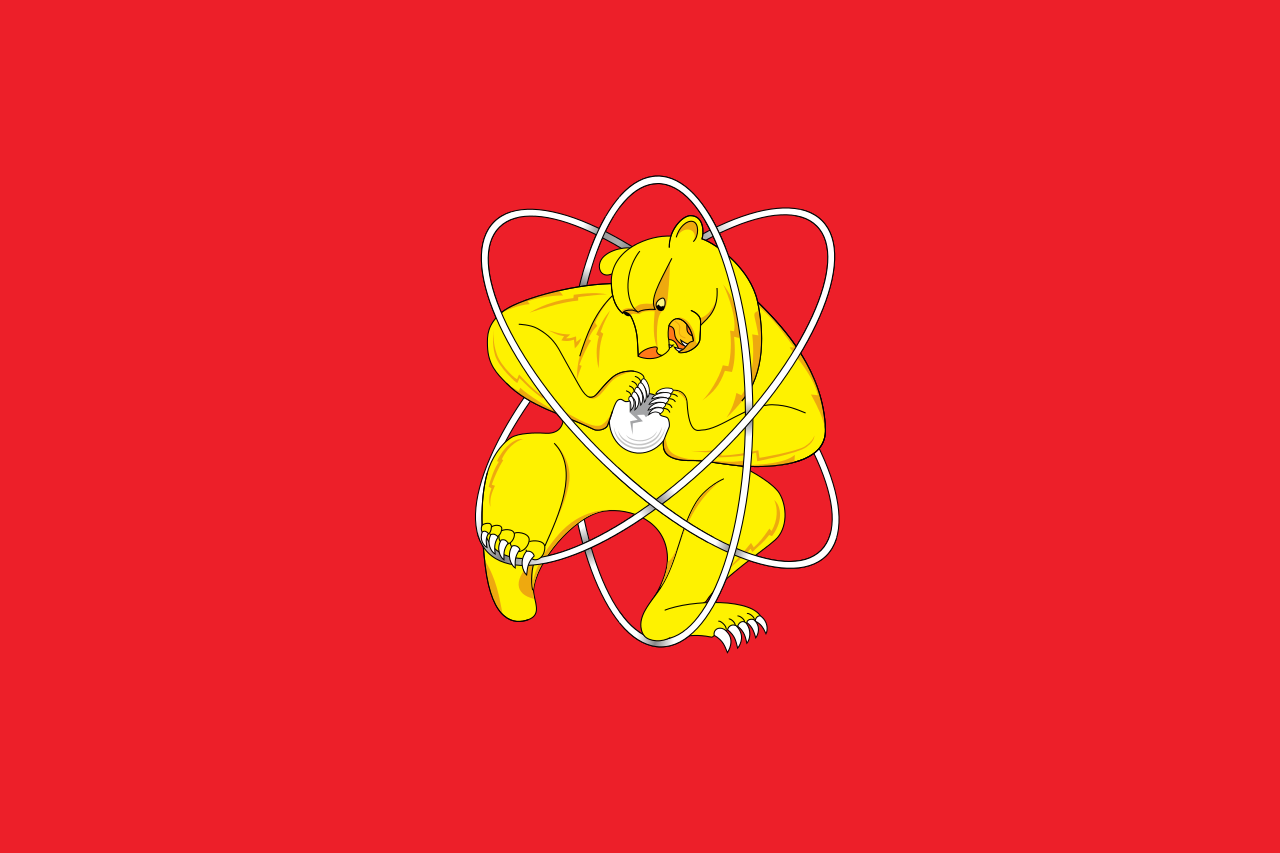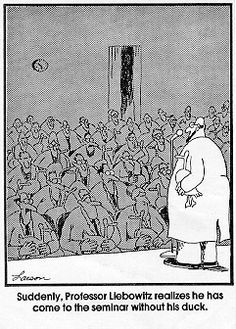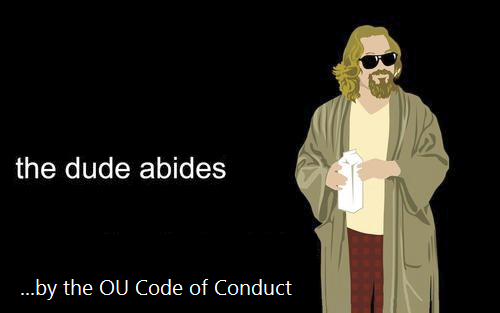PHYS 7501: Particles and Nuclei I (Fall 2021)

Course Overview
The purpose of this course is to review major topics in low-energy nuclear physics, emphasizing connections to contemporary research. This will include twice weekly lectures, each of which will involve group activities, and homework assignments roughly every other week. Exams will be oral exams.Course information, such as lectures, assignments, and supplementary material will be posted here. Check back throughout the semester.
The course catalog description for PHYS 7501 can be accessed here . The course webpage for the Fall 2019 version of this course can be found here .

Course Materials
SyllabusCourse Schedule, Lectures, and Assignments
Textbooks:
There is no required text for this course. The course notes are intended to stand alone and are filled with references. I'm in the very (very) early stages of converting these notes to an open-access book . Commonly sourced reference materials are listed below:
- Open source references:
- Quantum Mechanics for Engineers , L. van Dommelen (2012)
- Relativity, Quantum Mechanics, and Nuclear Physics for Engineers , A. Bielajew (2014)
- Lecture Notes in Nuclear Structure Physics , B.A. Brown (2005)
- Handbook of Nuclear Chemistry (free from campus vpn)
- Introductory Stellar Astrophysics (ASTR4201) , includes links to several books
- Closed source texts which the course will rely on include:
- Primary Text: Modern Nuclear Chemistry by Loveland, Morrissey, and Seaborg (2006)
- Nuclear and Particle Physics by B.R. Martin (2009)
- Introduction to Nuclear Physics and Chemistry by B. Harvey (1962)
- The Atomic Nucleus by R. Evans (1955)
- Nuclear Structure by Bohr and Mottelson (1969)
- Nuclear Structure from a Simple Perspective by R. Casten (1990)
- Introductory Nuclear Physics by K.S. Krane (1988)
- Nuclear Physics of Stars by C. Iliadis (2007)
- Cauldrons in the Cosmos by Rolfs and Rodney (1988)
- Nuclear Reactions for Astrophysics by Thompson and Nunes (2009)
General Information
- National Nuclear Data Center (NNDC)
- IAEA
- Reference Input Parameter Library (RIPL)
- Ion Beam Analysis Nuclear Data Library (IBANDL)
- Stopping Power Database
- Brussels Library for Astrophysics Applications (BRUSLIB)
- JINA REACLIB Database
- Harvard abstract service
- Environmental Gamma Background, Gordon Gilmore
- Table of Nuclear Moments, N.J. Stone
- Experimental Atomic Mass Excesses from the 2012 AME

Academic Honesty
This goes without saying … but I'll say it anyways: you are expected to act in an academically honest fashion. This means abiding by the Ohio University Honor Code and adhering to the Code of Conduct .If you have any concerns as to what does or does not constitute academic dishonesty (e.g. sharing work on homework assignments), please don't hesitate to ask me.
